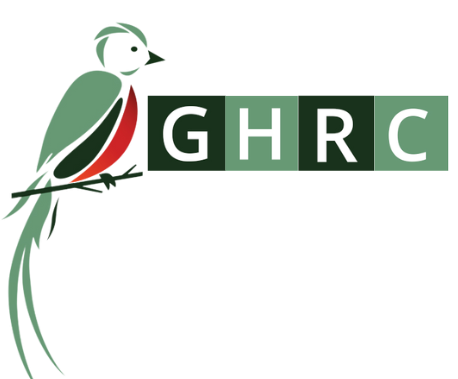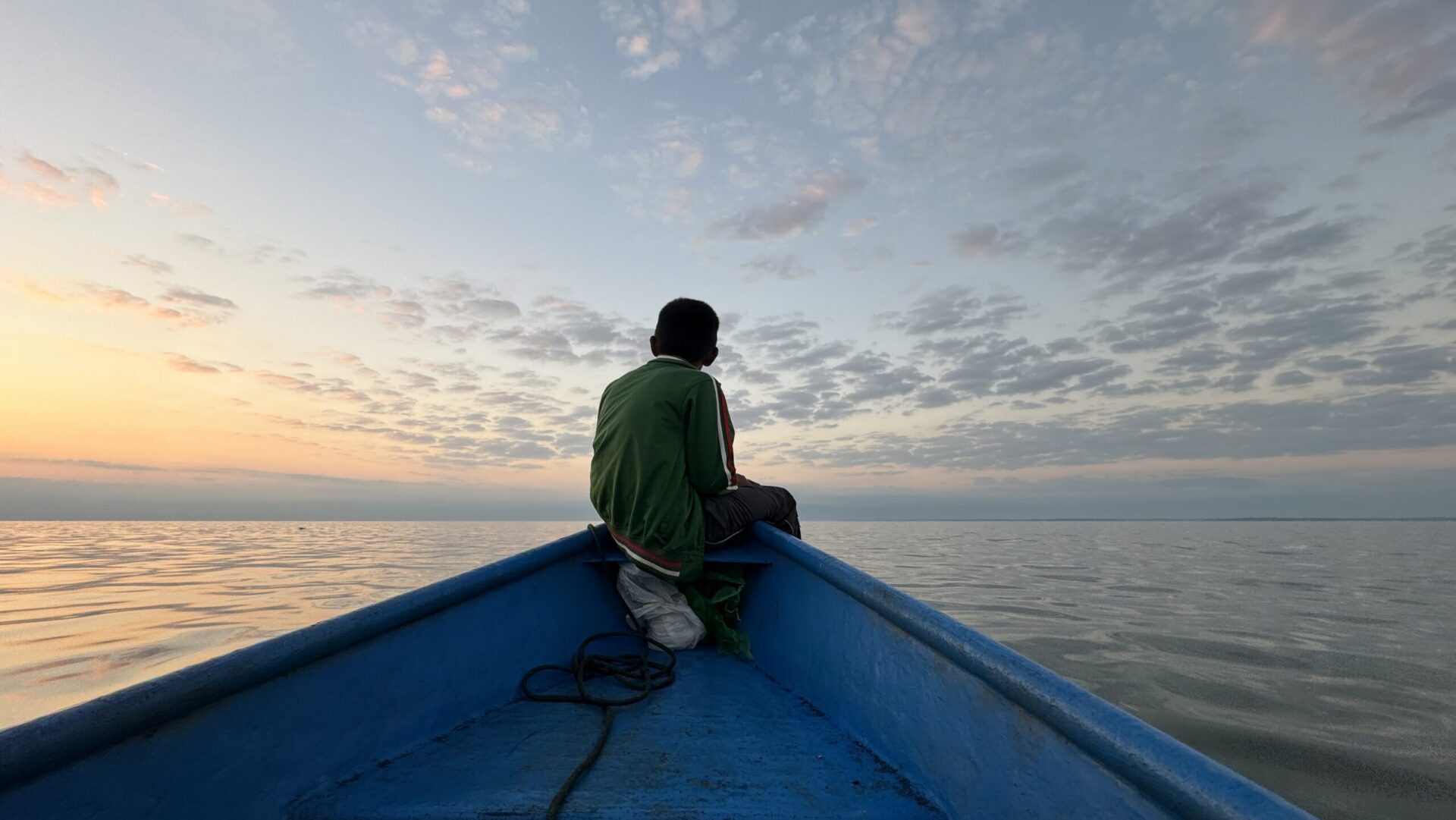Jennifer Harbury, a lawyer from Texas, lived in Guatemala from 1985-1986, monitoring and reporting the ongoing human rights violations against indigenous Guatemalans. She returned repeatedly during the following years, and in 1991 visited a base camp in Volcán Tajumulco to interview female URNG (Guatemalan National Revolutionary Unity) combatants for her first book, Bridge of Courage (Common Courage Press 1993). During the war, the URNG was an umbrella guerilla organization fighting against the oppression of the Guatemalan army and other government forces. The URNG included the Revolutionary Organization of the People in Arms (ORPA), the Guerrilla Army of the Poor (EGP), the Rebel Armed Forces (FAR), and the National Directing Nucleus of PGT (PGT-NDN). Today, URNG is a legally recognized political party.
While conducting her research, she met one of the founders and commanding officers of ORPA, Efrain Bámaca Velásquez (alias “Everardo”). They fell in love and married. Bámaca was kidnapped a year later, in 1992.
Jennifer began the search for her husband the same year. She carried out two hunger strikes in Guatemala (one lasting 32 days in 1994), demanding that the government acknowledge that they had detained Everardo, and that they give him a fair trial. The military refused to admit they had Bámaca in custody, and met Jennifer’s demands with silence.
When information surfaced that the US government had information on the fate of Bámaca, and the perpetrators responsible for his detention, torture, and eventual murder, Jennifer took her hunger strike to the streets of DC. She began to fight civil rights cases against the CIA, the State Department, and the National Security Council. In 1995 Congress finally released documents proving that the United States, which previously denied knowledge of his disappearance, knew that he had been captured alive by the Guatemalan military.
Her case caused a scandal at the highest levels of government, as it was revealed that Bámaca’s torturers were paid CIA assets. As a result, then-President Clinton ordered declassification of secret archives on the Bámaca murder and other human rights crimes committed by the Guatemalan military. The Guatemala Declassification Campaign led to the disclosure of thousands of records on US support and collaboration with Guatemalan government atrocities. The records are now being used as evidence in dozens of Guatemalan human rights cases. Jennifer’s case demonstrates that the right to truth is an essential element to the right to justice.
With no just resolution to the case in Guatemala, Jennifer took it to the Inter-American Court on Human Rights (IACHR) in Costa Rica. In December 2000, the IACHR found the Guatemalan military guilty of the disappearance, torture, and execution of Efrain Bámaca Velazquez and in 2006 the Guatemalan government apologized for his murder. The Guatemalan government still took no action, and it wasn’t until 2009, when the IACHR ruled that Guatemala had not complied with the sentences, that the criminal process resumed in earnest in Guatemala. A series of remarkable recent rulings by the Guatemalan Supreme Court has permitted the Bámaca case and others to move forward in the penal system once again. The rulings required Guatemalan courts to comply with international law, including the Inter-American legal principles and decisions. The case sets a crucial legal precedent prohibiting the forced disappearance and torture of any human being, no matter what their political, religious or racial backgrounds, and no matter which side of the internal conflict they supported. There is no exception to the ban on torture, and hence no justification, legal or moral, for the 200,000 dead and disappeared in Guatemala.
With the support of GHRC, Jennifer has continued to fight the case over the last 18 years. The Bámaca case has been of great interest to the international community, and of particular importance for citizens and organizations in the United States. It is now (2010) one of the ten paradigmatic human rights cases moving forward in Guatemalan courts, backed by the Dutch Embassy.
Links to More Information:
- Past Updates from Jennifer Harbury
- Detailed Chronology of Events
- Acts of Repression against those involved with the Bámaca Case
- See all related documents and case updates at www.casobamaca.org


